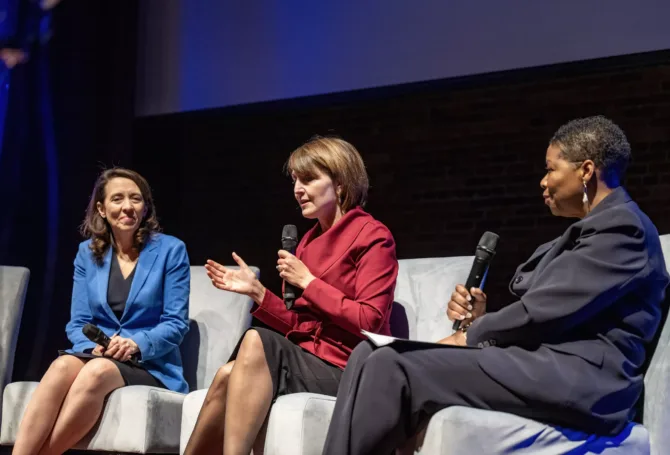
Congressional Democrats will undertake this week the first steps toward approving another massive coronavirus financial relief package in the guise of a filibuster-proof budget reconciliation bill.
According to Roll Call, Democrats plan to bring a 2021 budget resolution to the Senate floor next week, which then would go to the House for a floor vote before the end of the week. The next two weeks would be set aside for House committees to mark-up legislation as instructed by the budget resolution, including the bulk of President Biden’s proposed $1.9 trillion coronavirus financial relief package.
House and Senate floor sessions would be reserved starting February 22, with a target of sending the final product to Biden’s desk for his signature by March 14. That deadline is significant because the enhanced unemployment benefits expire from the financial relief package enacted in December. Biden’s proposal would increase those benefits from $300 to $400 per week and extend them through September.
The budget bills drafted by House committees and passed by the House are able to go directly to the Senate floor under provisions adopted in 1974 to streamline congressional budgeting, but which have expanded as a workaround for the Senate filibuster and cloture procedures. The 1974 budget law permits up to 50 hours of Senate floor debate and amendments to individual provisions.
Piggybacking on budget reconciliation to pass the Biden coronavirus financial relief package is a creative and less extreme alternative to a rule change eliminating the Senate filibuster to block legislation.
New Senate Budget Committee Chair Bernie Sanders defended the use of budget reconciliation for the coronavirus financial relief package, including an increase in the federal minimum wage to $15 per hour. Sanders expressed confidence the minimum wage boost would pass muster from the Senate parliamentarian, charged with interpreting the so-called Byrd Rule that prevents budget bills from being stuffed with extraneous legislation. The Vermont senator said a higher minimum wage would help American workers cope with the pandemic-induced economic downturn.
Other additions could include a package of fixes for union retirement and corporate defined benefit plans. Billions would be set aside to rescue failing union pension plans, while allowing struggling companies to delay billions in contributions to non-union defined benefit plans. Similar measures passed the House last year and were estimated to cost $60 billion over the next decade. According to congressional estimates, 124 pension plans affecting 1.3 million plan participants are at risk of running out of money as early as 2040.
Piggybacking on budget reconciliation to pass the Biden financial relief package is a creative and less extreme alternative to a rule change eliminating or severely restricting use of the Senate filibuster to block legislation. It’s not clear whether the budget reconciliation package with coronavirus financial relief will attract bipartisan support in either the House or Senate, but it’s doubtful there are 60 Senate votes for the Biden proposal, which it would need to defeat a filibuster threat.
House Democrats were planning to bring a budget reconciliation measure to the floor next week, but Majority Leader Steny Hoyer alerted House members to prepare for weekend sessions in anticipation of receiving a Senate-approved measure. The House and Senate must pass identically worded budget reconciliation bills, which explains the scheduling shift.




